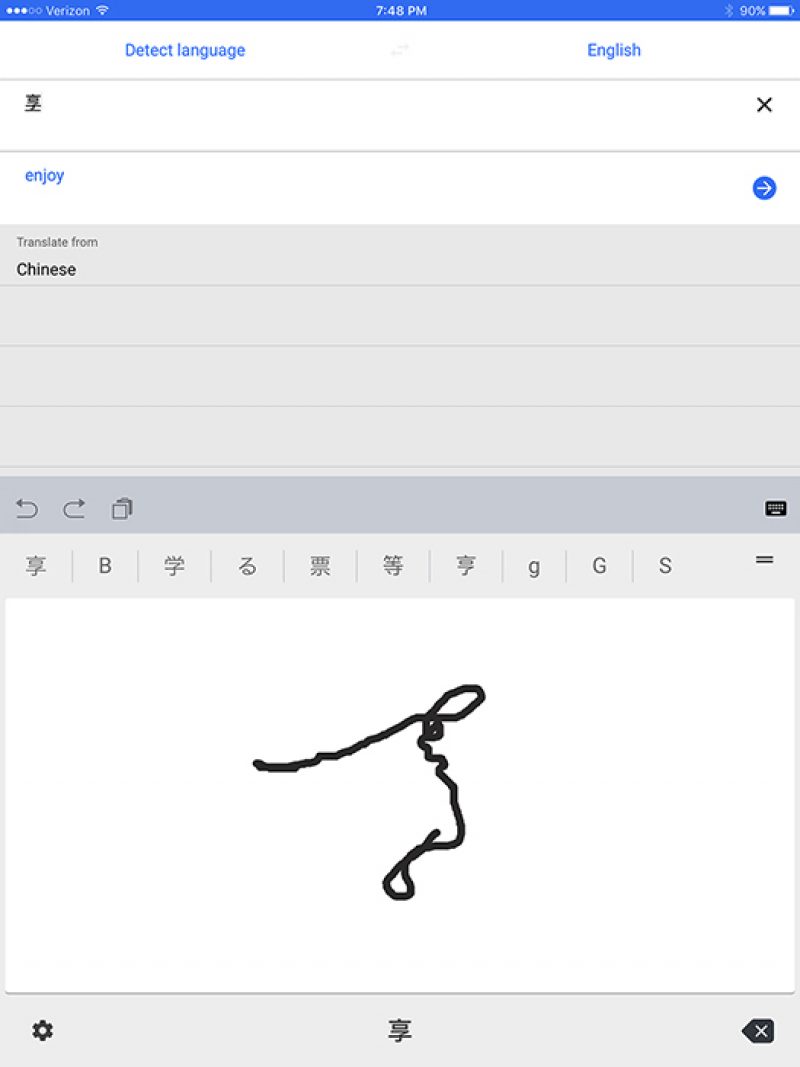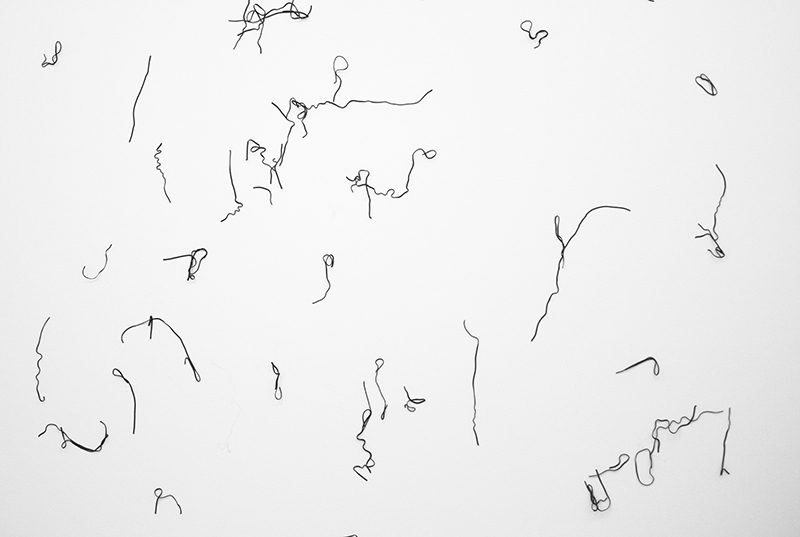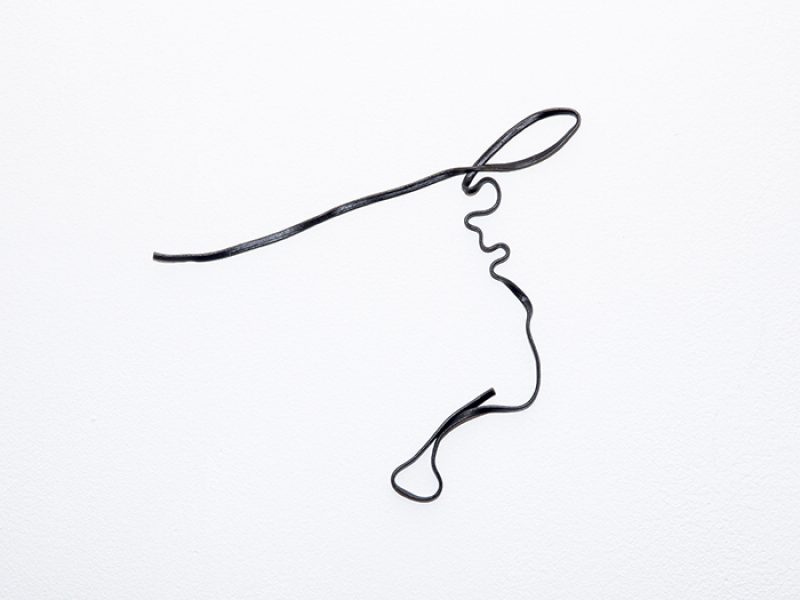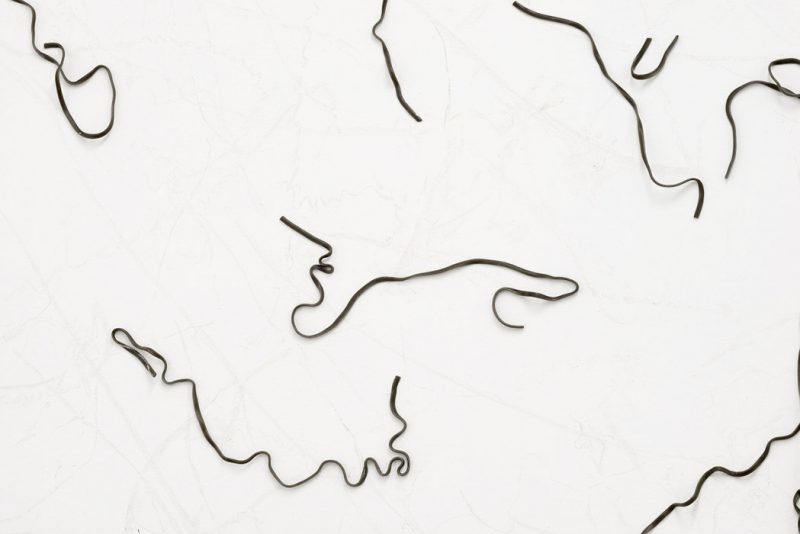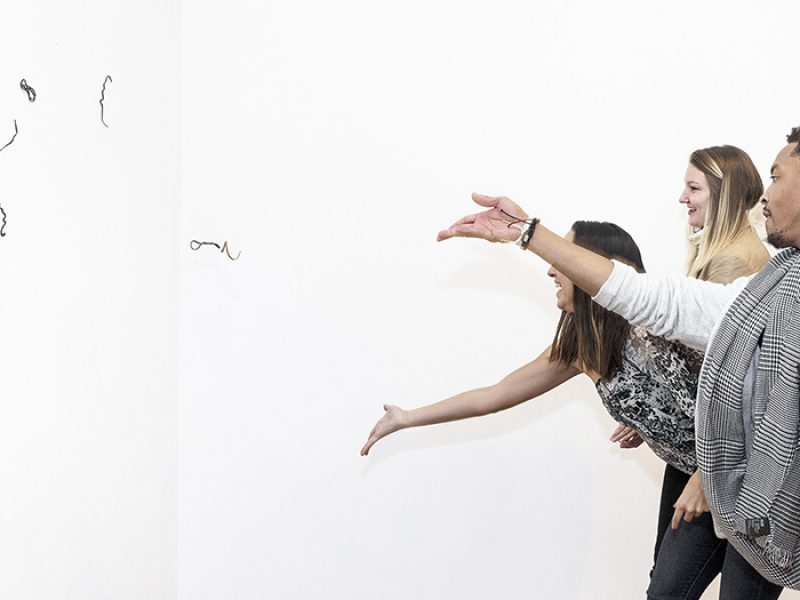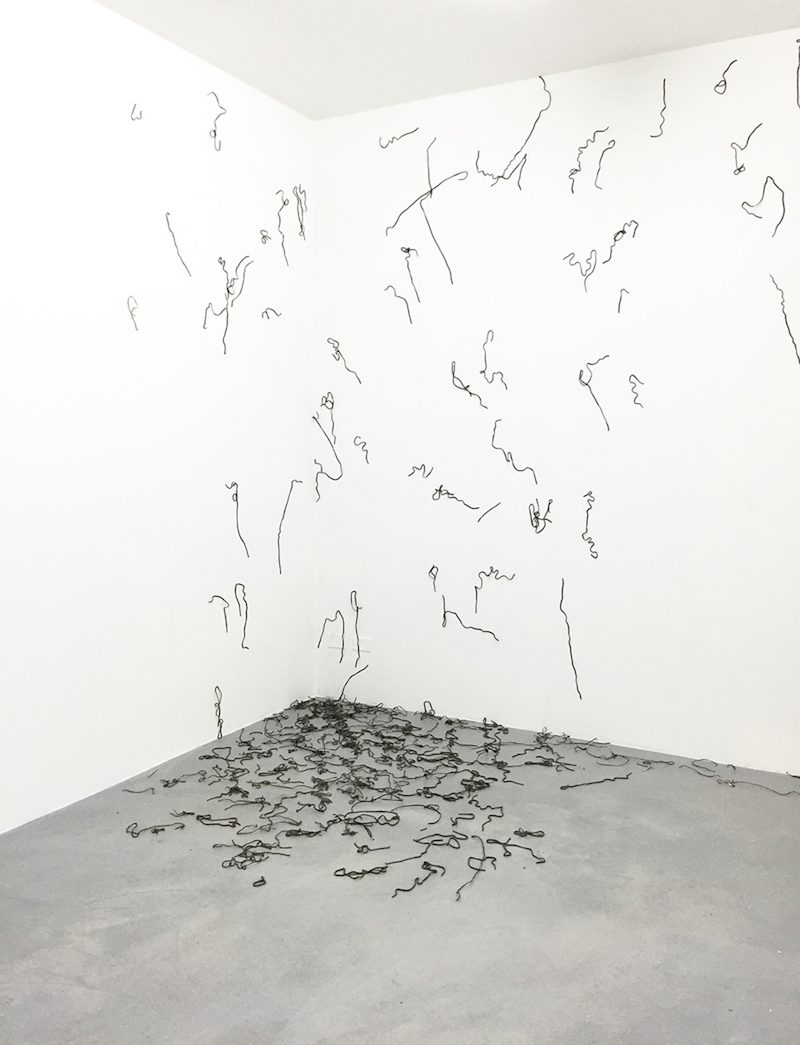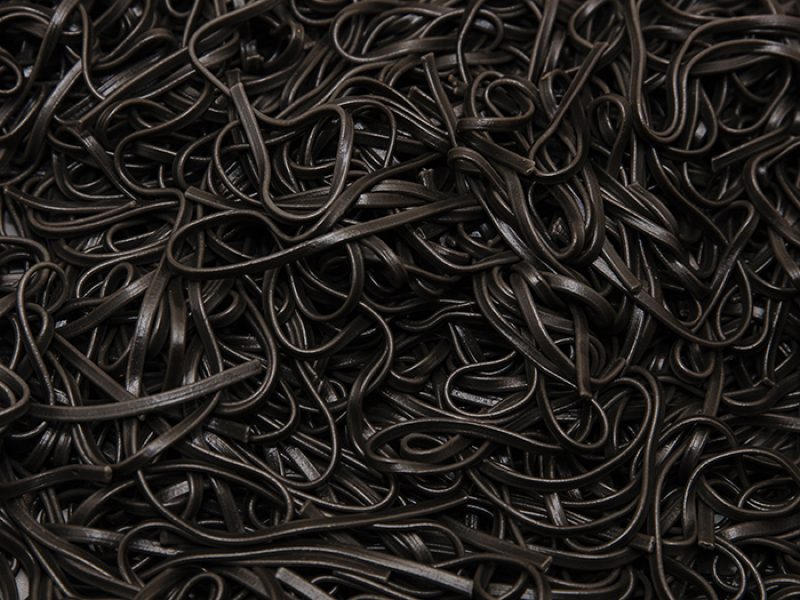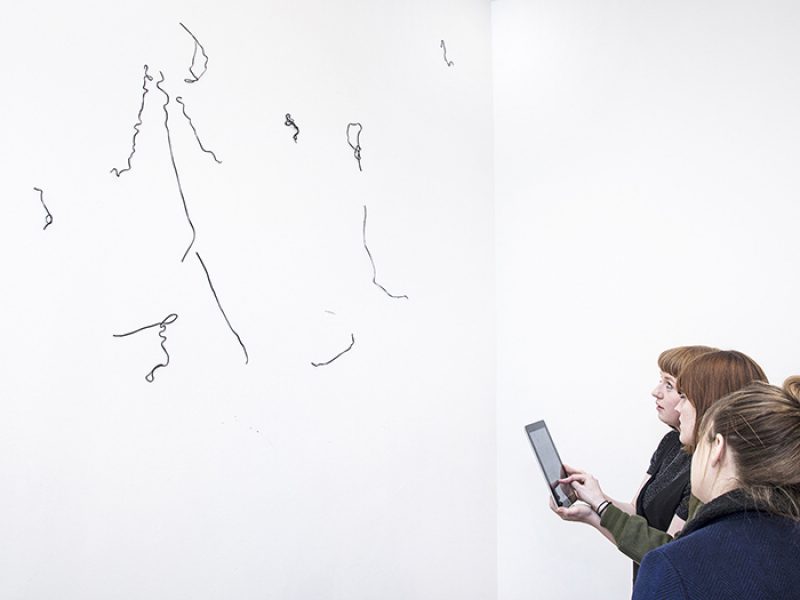45cbm: Sarah Ancelle Schönfeld
Alien Linguistic Lab
Artist
- Sarah Ancelle Schönfeld
Curator
- Imke Kannegießer
Recent controversy was unleashed amongst the scientific community with the publishing of a paper arguing that the genome sequence of cephalopods (octopuses, squids, and cuttlefish) bear a striking elaboration of particular genes normally found in higher order vertebrates. The isolated articulation of these genes has generated almost 33,000 more protein-coding instructions than are to be found in humans. Unable to adequately explain the particular evolutionary trajectories that would account for the unique developments of genomic complexity amongst cephalopods, the paper concluded (rather tongue-in-cheek) that octopuses are “aliens.” The public was quick to understand this statement not as metaphor, but as literal: octopuses must not be from this world at all! Undoubtdetly, this bemusing misunderstanding has resulted in a fair bit of pop cultural hype. Though cephalopods are, in all likelihood, not “aliens,” it does serve as a stimulating thought exercise to imagine that if indeed this were the case, what kind of a world do they – or rather, their genetic makeup – come from?
Cephalopods language is expressed materially, in the form of signals dissolved in oil. The common “ink” excreted by cephalopods, normally understood as a chemical alarm for signaling encroaching predators, is actually a cloud of encoded linguistic messages. It would seem a moot point – clearly, the octopuses are communicating with one another through ink. Yet, if we imagine a planet where these creatures are the predominant life form, then one striking quality of this planet would be its environmental composition as an inky, oily, murky cloud within which other, as-yet-unknown creatures would have to adapt and evolve. Our world appears as windy and wet; theirs is slippery and phlegmatic. Within this “cloud,” steroids – that is, specific, transmissible codes and commands in the form of soluble fats, also known as hormones – would create a density of signals comparable to an electromagnetic storm of all of Earth’s human transmissions via radio and television in the previous century. This would be a world of information-clouds bound in oil; not coded, immaterial data, but coded, three-dimensional, viscous materiality.
This leads to the second fascinating observation, that Cephalopods are not only capable of apprehending these cloud-hormones as a human would understand a sentence, but rather the social function of linguistic neural pathways is directly linked to the genes responsible for actively generating odors. This would imply that cephalopods respond to their material language by emitting an aroma. Let’s consider that much of the role of language in advanced intelligent beings goes beyond mere communication of “this” or “that,” but rather engenders modes of social production whereby language is interpreted and re-expressed as something else – as a law, a work of art, a building, a meal. These non-linguistic, or perhaps post-linguistic, factors are important when trying to image a cephalopod planet. Thus, octopuses are able to build, create, shape, and act through odor – they utilize a highly-refined capacity to generate and form odors to construct “regions of expe rience,” a concept roughly equating to the human notion of architecture. In their tentacular world of oily-inky liquid-messages, slithering arms, color-changing skin, and ephemeral mutability, it would make sense that their structures bear the same shape-shifting, mobile quality that suits the cephalopod character. What better than odor, the waft of a scent, through which an octopus actively constructs its art, its cities, its world? Indeed, smell is a sense so abstract to humans as “materiality,” and yet, so intrinsically related to memory, language, and the evocation of spaces and sensations – something the cephalopod, in its singular alien being, has deeply grasped.
Excerpt from “Octopus Oracle”, Ashkan Sepahvand on Sarah Ancelle Schoenfeld’s “Alien Linguistic Lab”
